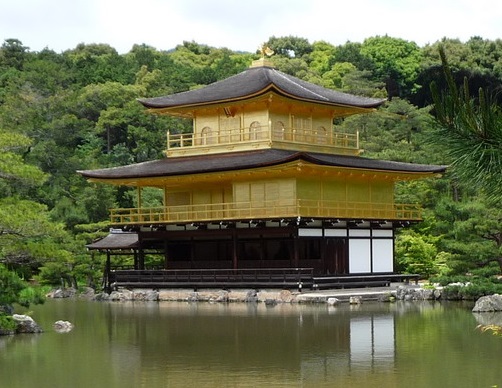Japan 
It is impossible to describe a country like Japan in just a few words. But I will try to show what is most important to understand this fascinating country. In doing so, I can draw on my own personal experiences.
First, in a loose sequence, I will describe some specific encounters with the country and its people. Then I invite you to take a walk through some of Japan's most beautiful gardens and parks. This is followed by three themes that have particularly interested me in Japan. These will be explored in more detail below, up to and including my scholarly publications: Exoticism explains many cultural misunderstandings in Japan. Religion in Japan is worth more than the tourist's eye. And Higher Education Reform reveals astonishing differences in the school system. Other important topics will be summarised in a series of shorter presentations [under construction].

Japanese culture and society are still often misunderstood. Therefore, I would like to make in particular the reasons for these misunderstandings clear. The country is still considered by many to be enigmatic and mysterious. It is said that one can basically never understand the people of Japan. Of course, every country as well as every person always remains mysterious at some point, even one's own spouse. Life would be boring, after all, if it were not so. But after my experiences in Japan, I can say with conviction that there are no fundamental difficulties in understanding the people in Japan and correctly assessing their way of doing things. This has been confirmed to me time and again.
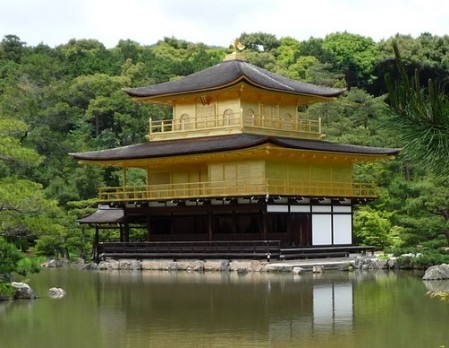
Japan is often portrayed as a land of harmony and sometimes even pictured as a kind of paradise and ideal country. Much of this comes from the distancing of some Europeans from their own culture since the 19th century. As a result, exoticism gave rise to the idea of a counter-world that was dreamed up and hoped to be found in distant and remote parts of the world. In this context, everything that one dislikes in Europe is often turned into its positive opposite. This is also often the case with Japan, although these ideas usually have little to do with Japanese reality. Nevertheless, people still like to contrast peaceful Buddhism with bellicose Christianity, Japanese tolerance with Western intolerance, and the European culture of conflict with the Japanese striving for harmony. Unfortunately, these exotic notions of Japan often distort our image of Japanese culture and society and thus prevent the many positive experiences one can have in Japan. Personally, I have always considered these to be an incredible enrichment, which has also led to a deeper understanding of my own culture.
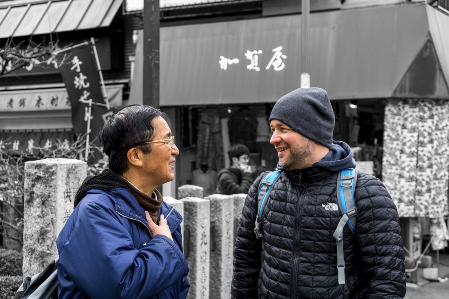
But let's get back to the real Japan. It is true that people in Japan are generally particularly friendly and kind. Embarrassing or conflict-laden situations are often avoided with great skill. Of course, people in Japan also occasionally play hardball. But on the whole, one can observe in Japan, even with occasionally rather rude people, an often astonishing consideration and sensitivity to the feelings of fellow human beings.
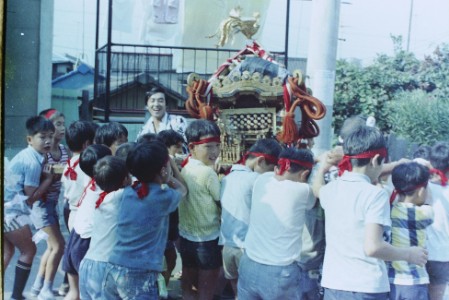
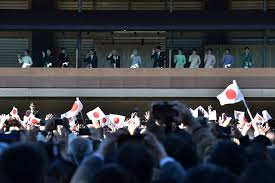
One idea that is very often associated with Japan is that people in Japan feel much more strongly as part of a group, whereas in Europe the emphasis is on the independence of the individual. That's true, if you don't make a complete contrast out of this difference. The differences are relative, and if you look closely, you can see that phenomena similar to those in Japan also exist in Europe. If you haven't experienced it yourself over and over again, it's hard to comprehend what the bond with the group means to people in Japan. Basically, they always see themselves, or rather feel themselves, first as part of a larger whole, a group in the sense of a living organism, and only then do they see themselves in their particular individual role in this group. The group begins with the family, through the school, the company, etc., to the largest unit, the country of Japan as a whole.
So if they generally feel more part of a family, a living community, than we do in Europe, they also experience themselves as more integrated into the natural rhythm of nature and life. This is particularly evident when dealing with death, which, despite all the taboos surrounding it, is experienced as a natural part of life. Less than often with us, it is repressed or experienced as a shock with traumatic consequences.
In other respects, too, things are always seen above all in a larger context, as part of a whole. This is also evident everywhere in the Japanese language. Events, even decisions, are usually presented as if they had occurred naturally, even when it is known that this happened under pressure from certain people.
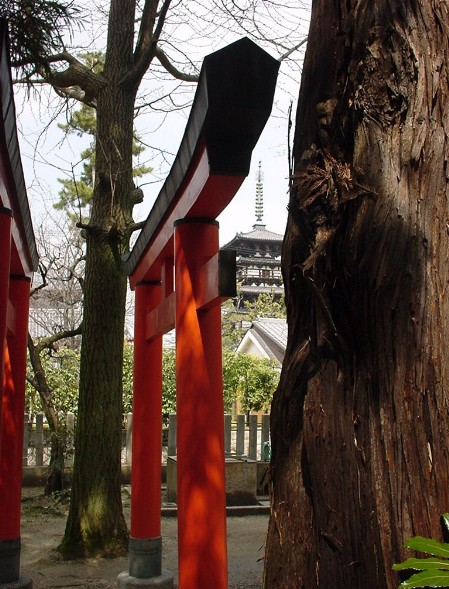
Other important topics I would like to address are the importance of rituals, peculiarities of Japanese aesthetics, emotionality, Japanese pragmatism, and the role of power in Japan.
Regarding religion in Japan, there are particularly many misunderstandings to correct, but also some amazing things to discover. This is dealt with in detail in a separate topic area.
